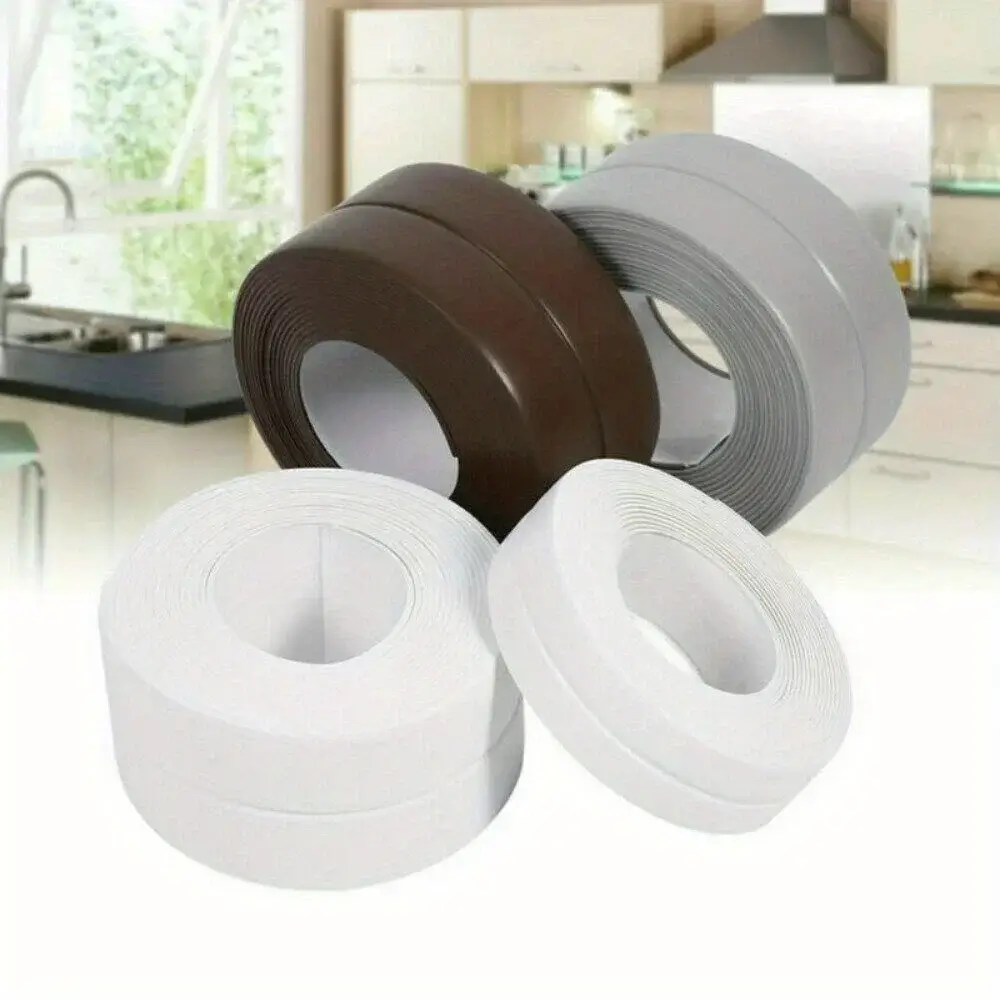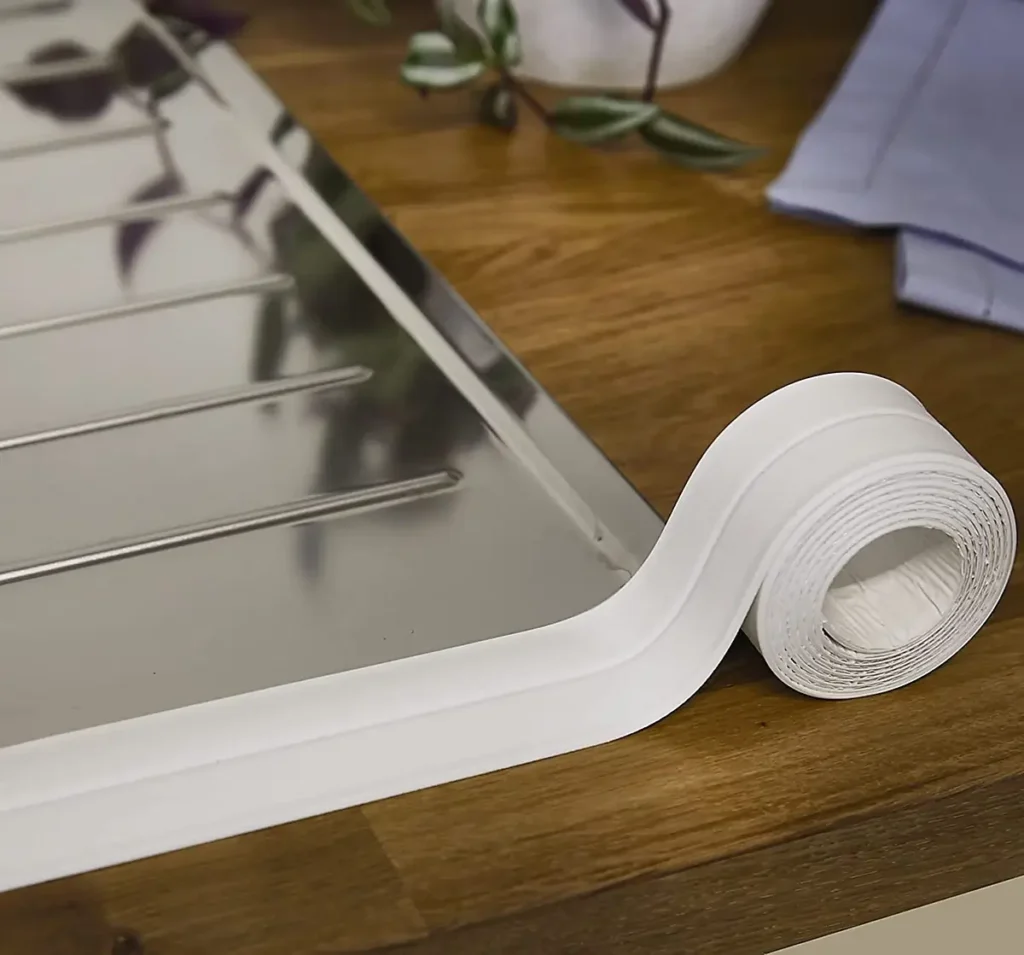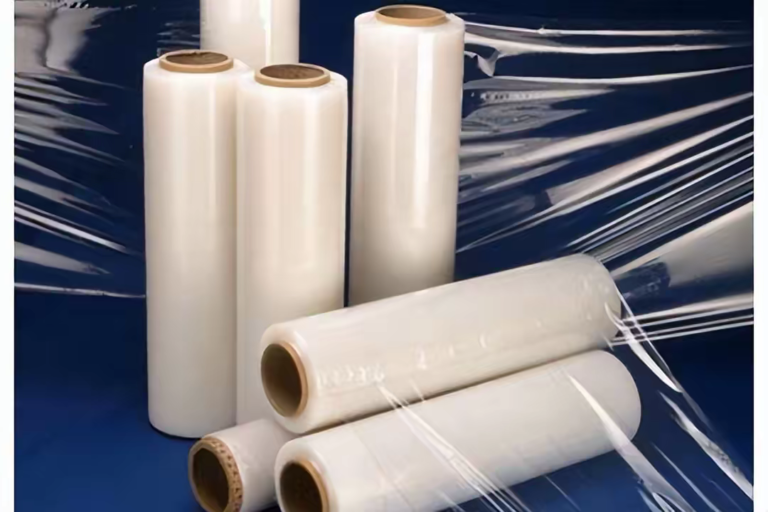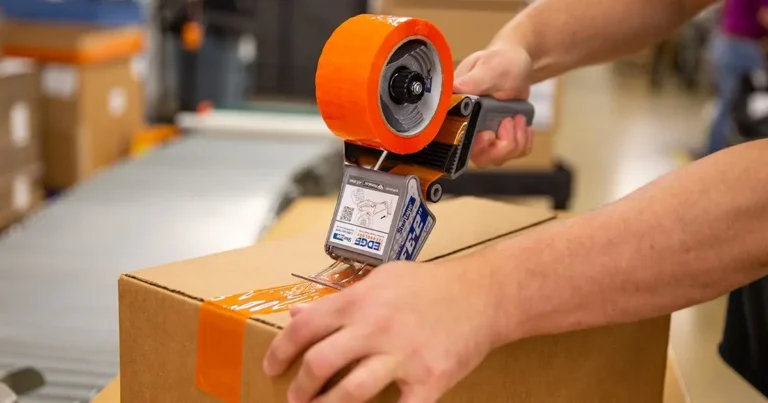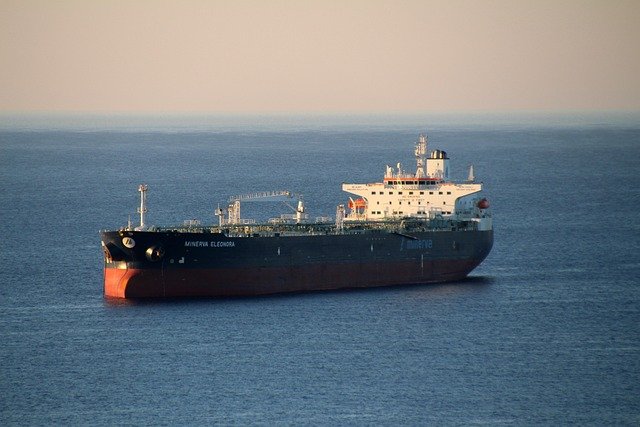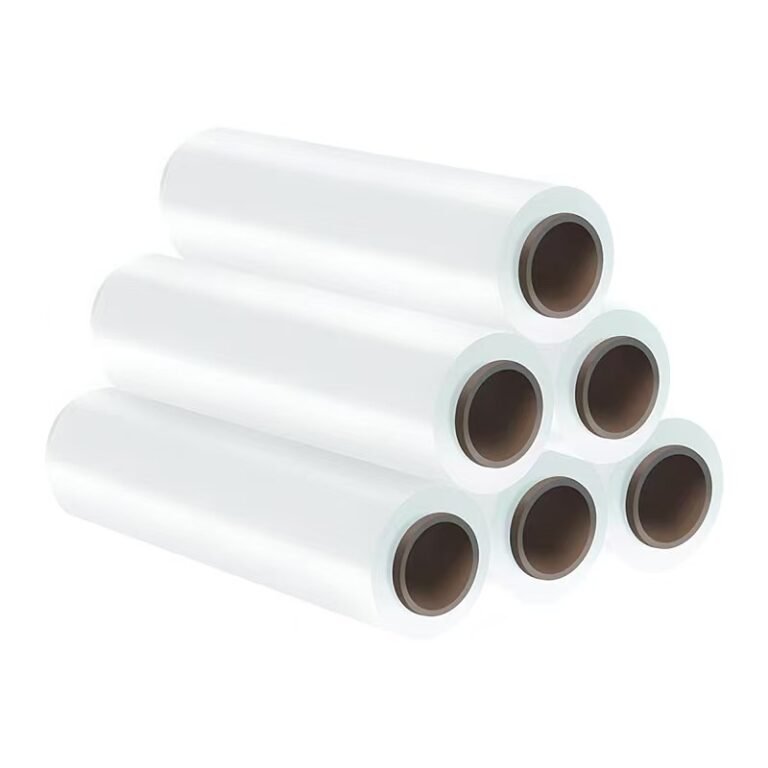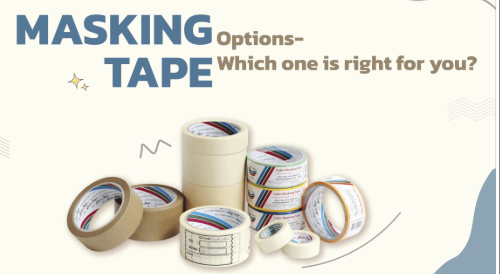PVC Sealing Tape: Waterproof Capabilities, Applications & Best Practices
PVC sealing tape, crafted from polyvinyl chloride (PVC), stands as a versatile adhesive solution renowned for its durability, flexibility, and resistance to environmental stressors. This article delves into the core characteristics of PVC sealing tape, clarifies its waterproofing capabilities, and explores its wide-ranging applications across industries.
I. Understanding PVC Sealing Tape: Material and Key Features
PVC sealing tape is composed of a PVC backing coated with a rubber-based or acrylic adhesive, offering a balance of strength and adaptability. Key attributes include:
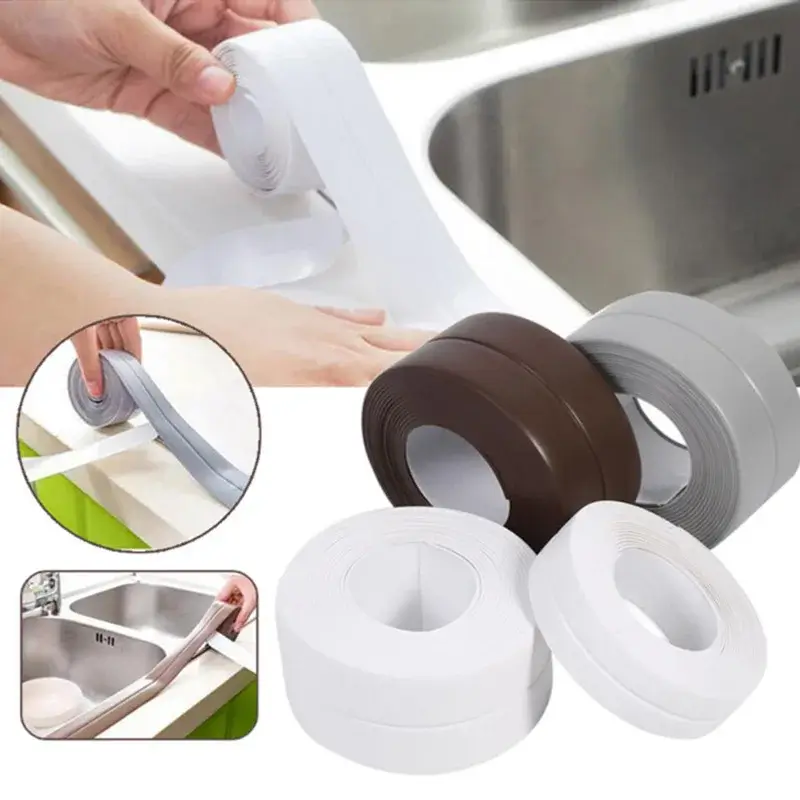
- Durability: Resists abrasion, chemicals, and UV radiation, making it suitable for indoor and outdoor use.
- Flexibility: Conforms to irregular surfaces, gaps, and curves, ensuring a tight seal in complex applications.
- Adhesive Strength: Bonds securely to metal, plastic, wood, and glass, with options for high-tack or permanent adhesion.
- Customizability: Available in various thicknesses (100–200microns), widths (19–100mm), and colors for specific needs.
How It Works
The PVC backing provides structural stability, while the adhesive creates a mechanical bond with the surface. For enhanced performance, some variants include reinforcing fibers (e.g., polyester) to prevent tearing.
II. Is PVC Sealing Tape Waterproof?
Water-Resistant vs. Waterproof: Key Distinctions
- Water-Resistant: PVC sealing tape repels moisture and withstands short-term exposure to water, making it suitable for:Plumbing leaks (e.g., temporary fixes on PVC pipes).
- Outdoor electrical connections (e.g., waterproofing wire joints).
- Sealing windows or doors against rain.
- Not Fully Waterproof: Prolonged submersion (e.g., underwater applications) or high-pressure water exposure can degrade the adhesive and cause delamination. For fully waterproof seals, consider:Combining PVC tape with silicone sealant.
- Using specialized waterproof tapes (e.g., butyl rubber tape) for marine or pool applications.
Factors Affecting Water Resistance
- Tape Thickness: Thicker tapes (30+ microns) offer better moisture barriers.
- Surface Preparation: Properly cleaned and dried surfaces enhance water resistance by ensuring full adhesive contact.
- Application Technique: Overlapping layers and sealing edges prevent water ingress.
III. Diverse Applications of PVC Sealing Tape
3.1 Electrical Insulation and Safety
- Wire and Cable Protection: Insulates exposed conductors, prevents short circuits, and protects against moisture in outdoor wiring or marine environments.
- Electrical Code Compliance: Meets basic insulation standards (e.g., UL 510 for flame resistance) for residential and commercial use. Typically rated for low-voltage applications up to 600V, depending on tape specifications.
- Example: Securing and insulating low-voltage wires in outdoor lighting setups.
3.2 Plumbing and Pipe Repairs
- Temporary Leak Sealing: Seals minor leaks in PVC, copper, or plastic pipes until permanent repairs are made.
- Joint Sealing: Provides a water-resistant barrier in pipe joints or fittings, often used alongside plumber’s tape (PTFE) for enhanced security.
- Limitation: PVC sealing tape softens above 60°C and may deform under prolonged heat exposure. For high-temperature applications, consider fiberglass cloth tape or silicone-based alternatives.
3.3 General Sealing and Packaging
- Shipping and Storage: Secures boxes, prevents dust ingress, and reinforces edges for fragile items.
- DIY Projects: Seals gaps in windows, doors, or HVAC ducts to improve energy efficiency.
- Crafting: Creates waterproof seals in homemade planters, aquariums, or outdoor crafts.
3.4 Automotive and Industrial Uses
- Wiring Harness Protection: Secures and insulates automotive wires, protecting them from moisture, oil, and vibration.
- Equipment Sealing: Seals access panels, hatches, or vents in machinery to prevent dust or liquid intrusion.
- Marine Applications: Provides temporary waterproofing for boat hulls, hatches, or trailer connections.
3.5 Emergency Repairs
- Storm Damage: Temporarily seals broken windows, roofs, or gutters during emergencies.
- Camping/Hiking: Repairs tents, gear, or water containers in outdoor settings.
IV. Best Practices for Using PVC Sealing Tape
4.1 Surface Preparation
- Clean surfaces with isopropyl alcohol or degreaser to remove dirt, oil, or grease.
- Sand rough surfaces (e.g., concrete, rusted metal) to create a texture for better adhesion.
4.2 Application Techniques
- Apply tape at room temperature (10–30°C/50–86°F) for optimal adhesive activation.
- Stretch the tape slightly during application to ensure tension and full contact.
- Overlap layers by 50% for multi-layer sealing (e.g., waterproofing seams).
4.3 Removal and Maintenance
- Gently peel off tape at a 45° angle to avoid residue. For stubborn adhesive, use citrus-based removers or rubbing alcohol.
- Inspect tapes in high-moisture areas quarterly and replace if signs of degradation (e.g., peeling, discoloration) appear.
V. PVC Sealing Tape vs. Alternatives
| Application | PVC Sealing Tape | Alternative Tape | Key Difference |
| Electrical insulation | Suitable for low-voltage use | Silicone tape | Higher heat resistance (200°C+) |
| Permanent waterproofing | Water-resistant, not waterproof | Butyl rubber tape | Self-vulcanizing, fully waterproof |
| High-temperature areas | Not suitable (>60°C/140°F) | Fiberglass cloth tape | Withstands up to 500°C/932°F |
| Delicate surfaces | May leave residue | Polyester film tape | Low-tack, residue-free |
VI. Conclusion
PVC sealing tape is a reliable, cost-effective solution for water-resistant sealing, electrical insulation, and general repairs. While not fully waterproof, it excels in moisture-resistant applications when used correctly. Its versatility and ease of use make it a staple in toolkits, workshops, and emergency kits. By understanding its limitations and pairing it with complementary materials when needed, users can leverage PVC sealing tape to tackle a wide range of projects with confidence.
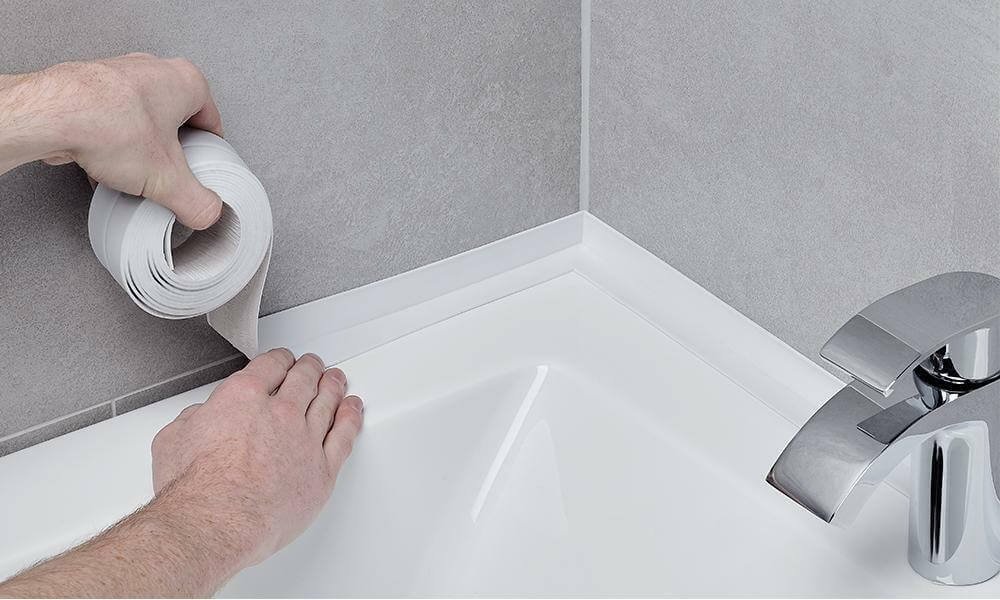
For critical waterproofing or high-performance needs, always assess the environment and consider specialized tapes. For most everyday tasks, PVC sealing tape remains a practical and accessible choice.

